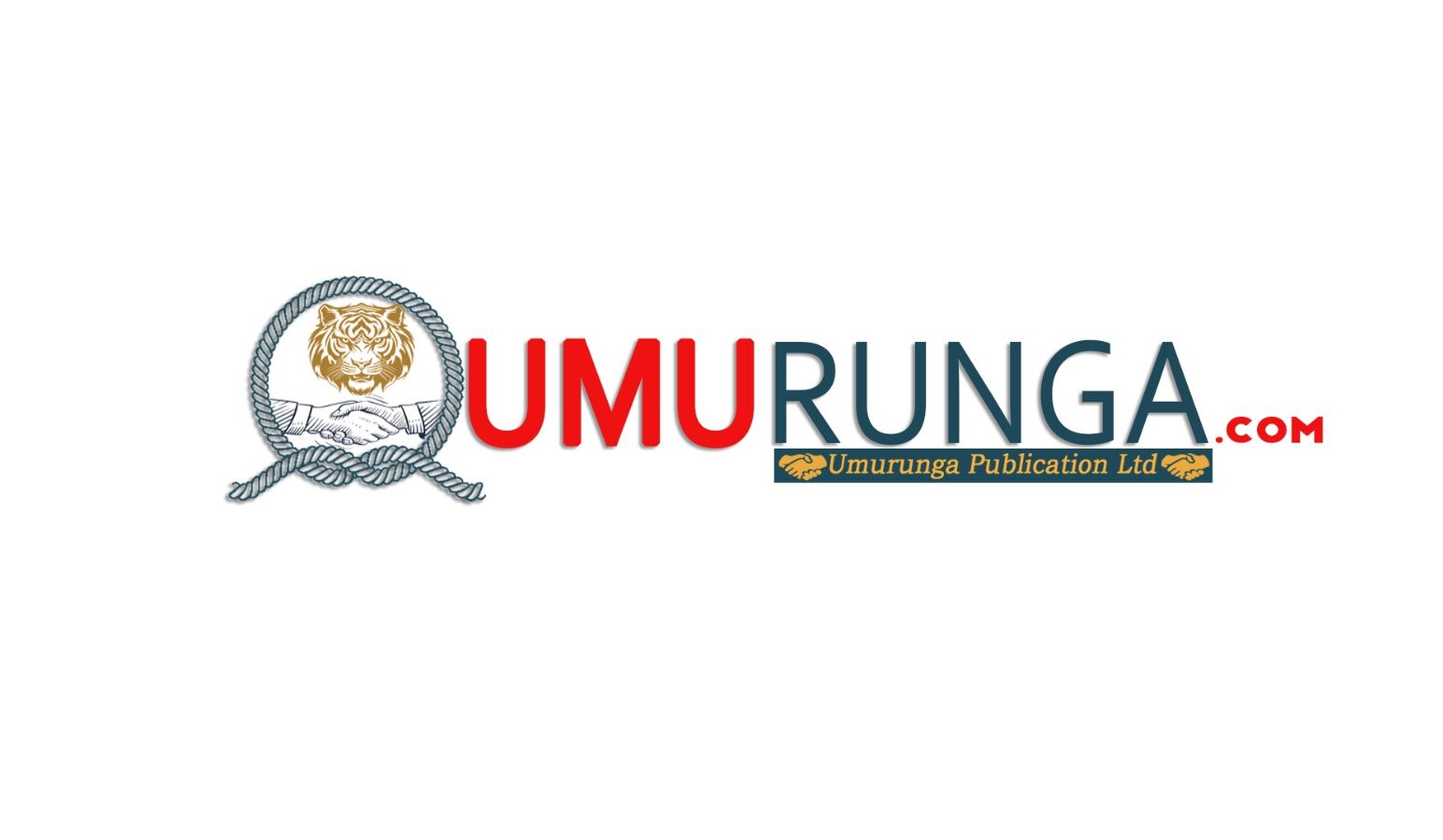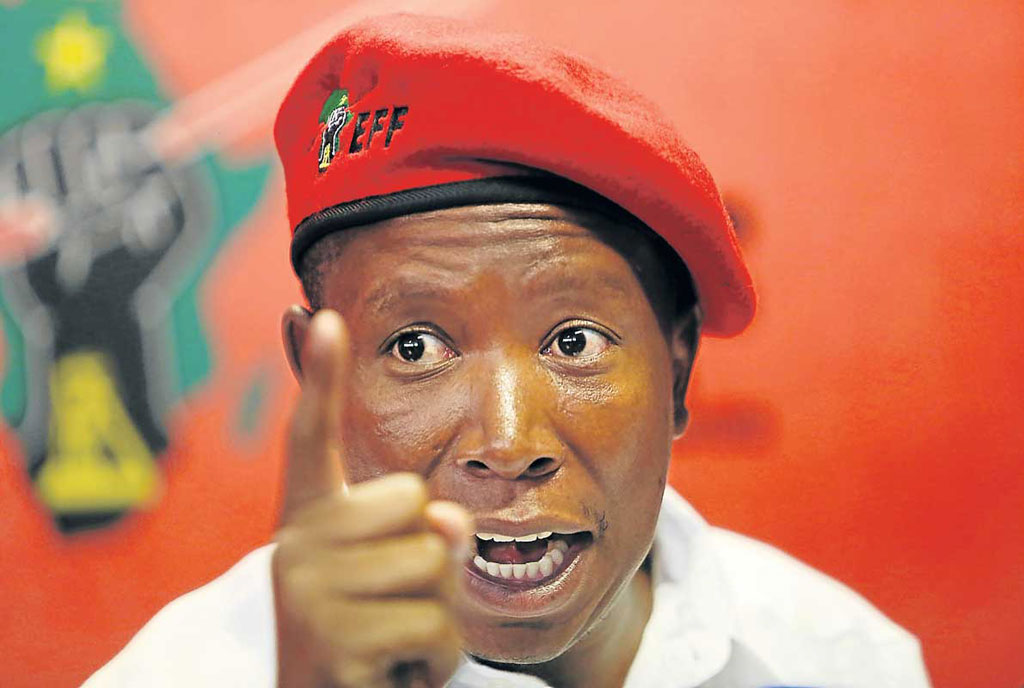Rebel leader Julius Malema of South Africa has stated that warfare in the eastern Democratic Republic of the Congo should not be carried out by his nation’s armed forces.
The leader of the Economic Freedom Fighters (EFF), the country’s second-largest opposition party, stated at a press conference on Thursday, February 15, that members of the South African National Defence Force (SANDF) were “not properly trained” and “must come back home” in response to the deaths of two South African soldiers in the Democratic Republic of the Congo.
As part of the Southern African Development Community’s (SADC) regional force, South Africa dispatched troops to the eastern Democratic Republic of the Congo in December 2023 to assist the Congolese army in combating the M23 rebels.
Kigali has requested that the UN reevaluate its plan to assist the SADC’s military operation in the conflict-ridden eastern Democratic Republic of the Congo (DRC), arguing that the choice made by the southern African bloc would be founded on “wrong premises” and may favor forces opposed to Rwanda’s security.
“Ramaphosa desires the death of our children.”
In order to “assist in the fight against illegal armed groups,” President Cyril Ramaphosa approved the deployment of 2,900 SANDF personnel to the SADC mission on Monday.
Another opposition party in South Africa, the Democratic Alliance, criticized Ramaphosa’s decision to send troops to the eastern Democratic Republic of the Congo in January as well. The party said that the SANDF lacked the means to effectively fight an insurgency and urged the president to rescind his decision.
South African military “would be at the mercy of the M23 rebel,” according to the party.
After having a disagreement with a regional force from the East African Community (EAC), which Kinshasa accused of being indifferent to the M23 rebels, Congolese President Felix Tshisekedi asked the backing of the SADC bloc.
However, observers warn that by working with the Congolese armed forces, the South Africa-led SADC regional force could end up collaborating with the FDLR, a UN-sanctioned militia that is part of the government coalition. The FDLR was founded in 2000 by remnants of the perpetrators of the 1994 Genocide against the Tutsi in Rwanda and has launched attacks on Rwandan territory over the years.
The Rwandan government has, for years, asked the Congolese armed forces to end their collaboration with the FDLR, one of the more than 130 armed groups based in eastern DR Congo, to no avail.
The M23 rebels claim that they are fighting to defend civilians in the eastern Democratic Republic of the Congo from militias like the FDLR, which is suspected of inciting violence and propagating ideas of genocide while primarily targeting communities of Congolese Tutsis.
For almost 30 years, the Democratic Republic of the Congo has remained unstable. Over 130 armed groups are based in the provinces of South Kivu, North Kivu, and Ituri; they are charged with crimes against humanity and human rights violations.
Decades of insecurity have not been ended despite several regional and international efforts.
After spending more than 20 years in the volatile area, the United Nations peacekeeping force in the nation, known as MONUSCO, was meant to start leaving. However, it is currently assisting the Congolese army in its conflict with the M23 rebels.
![]()

